The continuing appeal of Switzerland for British VIPs
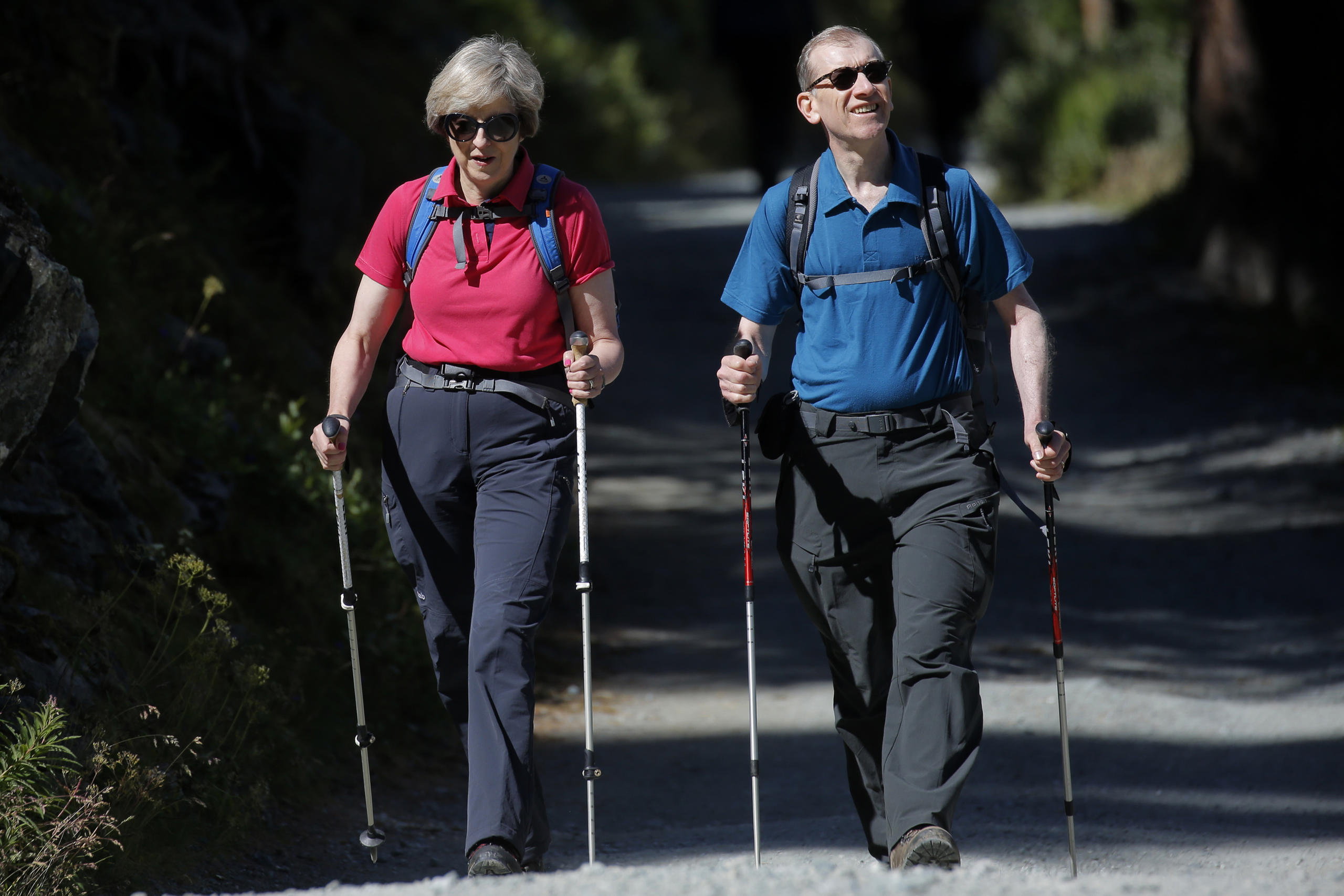
After a hectic first month in office, British Prime Minister Theresa May and her husband have begun a two-week hiking holiday in Switzerland. She is thus continuing a long tradition of British leaders recharging in the Alps.
May’s office did not provide any further details of the trip, but May has spoken previously of her love of walking holidays in Switzerland, a destination also favoured by her German counterpart Angela Merkel.
“We’ve walked all over the country. However, we have two favourite areas in particular: Zermatt and the Bernese Oberland,” May told the Daily Telegraph in 2007.
“Both are fantastic for walking: Zermatt is pretty high and most of the walks have wonderful views of the Matterhorn. And the Bernese Oberland is overlooked by three stunning mountains: the Eiger, Jungfrau and Mönch.”
With her holiday coming six weeks after 52% of British voters decided to pull the country out of the EU, the Guardian newspaper said May, who has been coming to Switzerland for about 30 years, would “shun the symbolism of either a summer break in the European Union or a UK staycation and fly to neutral ground”.
Banking criticism
According to the Telegraph, May is the first Prime Minister since Margaret Thatcher (in office 1979-1990) to take a break in non-EU Switzerland.
Thatcher went on holiday to Switzerland several times during her period in office, staying with the retired politician Sir Douglas Glover and his wife at their home next to Lake Zug.
Charles Moore, former Editor of The Daily Telegraph and Thatcher’s biographer, said Lady Glover would “scour Switzerland and neighbouring countries for people of sufficient brainpower and eminence to come to the daily lunches and dinners given for the Thatchers”.
Guests included Karl Brunner, a Swiss economist, Fritz Leutwiler, president of the Swiss National Bank, and Yehudi Menuhin, the violinist and conductor.
Moore wrote how, on one occasion, Thatcher came “steaming back” from her holiday “even less relaxed than when she had left” after Swiss economists criticised the Bank of England’s management.
Disturbing bells
Other notable British tourists to Switzerland include Queen Victoria (1819-1901), who, among other trips, made it to the summit of Mount Rigi in Lucerne. “We are amused,” she apparently scribbled in a diary entry made during her 1868 visit.
Several of Victoria’s descendants have continued to come to Switzerland, with the exclusive ski resort of Klosters, near Davos in canton Graubünden, a favourite haunt.

More
The posters that sold Switzerland to the world
Since around 1970 the British royal family have been spending Easter in Klosters, where, in January 2006, paparazzi snapped the first public kiss between Prince William and the then Kate Middleton.
Former Prime Minister Winston Churchill was also a fan of Switzerland, staying at Villa Cassel, on a ridge in the mountains above the Aletsch Glacier, on at least four occasions.
Churchill used his time at the house owned by millionaire Ernest Cassel mainly to write, pounding out his thoughts on a typewriter which, like everything else, had been dragged up the mountainside on farmers’ backs.
In one letter to his mother, Churchill wrote: “..I sleep like a log, and I’ve never felt so well or so good…[the villa has] bathrooms, a French cook, private grounds, and all the luxury you could expect in England, all this perched at 7,000 feet altitude and in the middle of a circle formed by the most beautiful snowy mountains of Switzerland.”
However, his idyll was soon disturbed by the ringing of bells hanging from the necks of cows brought to graze on the high pasture below the villa. Churchill responded by shouting insults down at the cowherds until Cassel stepped in to calm the excitable Brit. He then agreed a compromise with the farmers by paying them to stuff hay in the cowbells.
Social media
So what impact do these high-profile British tourists have on their compatriots? What’s it worth to Switzerland Tourism, the national tourist office, to have kings, queens, prime ministers and presidents spending a week or two up a mountain?
“When internationally known personalities – from politics, culture or economy – spend their holidays with us and Switzerland as a tourist destination is then reported in a positive way, they certainly play an indirect role as ambassadors for Switzerland,” Véronique Kanel, spokeswoman for Switzerland Tourism, told swissinfo.ch.
“In addition, even if they appreciate Switzerland for its quietness and the privacy they can enjoy here, many celebrities are active on social media and share their experiences with their fans. This sort of interaction with the public through social media is clearly valuable for our destination as social media communication has become an important part of the marketing of Switzerland as a tourist country.”
Kanel says that while every positive report about Switzerland could plant the idea in people’s heads to visit Switzerland, whether they actually book a holiday or not is down to other factors such as what’s on offer, what they get for their money and whether it’s worth it.
Brexit effect
Over the past couple of years, Brits have been the most important foreign guests in Switzerland after Germans (ahead of French, Italian and Benelux visitors).
However, the numbers have been dwindling: from 141,000 nights in hotels in 2014 to 135,000 in 2015 (down 1.6%). That said, the drop has been considerably greater for guests from Germany (326,000 to 264,000, down 12%).
Overall, nights spent in Switzerland by all European guests fell 9.3% from 2014 to 2015, so the Brits still found Switzerland more attractive than other Europeans, despite the strong franc and weak sterling.
In addition, figures released by the Federal Statistical Office on Wednesday showed that while total overnights had continued to fall (by 1.2%) for the first six months of 2016, British guests were bucking the trend and were up 3.3%.
As for the effects of Brexit, which has weakened the pound even further, Kanel said many holidays had been booked before the vote on June 23 and they would have to wait for the winter season to see what the effect would be.
“We’re convinced that the close and longstanding relationship between Switzerland and travellers from Britain will continue to have a positive influence on their readiness to travel to Switzerland,” she said.
Theresa May would no doubt agree. “The views are spectacular, the air is clear and you can get some peace and quiet,” May told the Telegraph in 2007, speaking about Switzerland as a summer destination.
“A good time to go is June when a lot of wild flowers are blooming. Sadly, Parliament is sitting at that time of the year so we usually visit in August. If you go, the key thing is to go well prepared – and invest in a good pair of walking boots.”
Are you planning to come to Switzerland? Would/did a VIP influence your choice?

In compliance with the JTI standards
More: SWI swissinfo.ch certified by the Journalism Trust Initiative
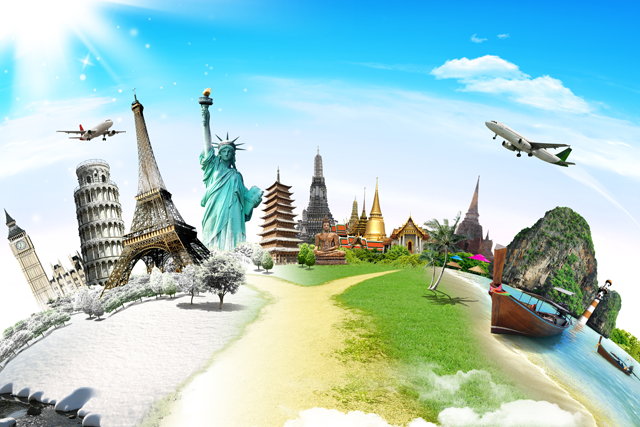

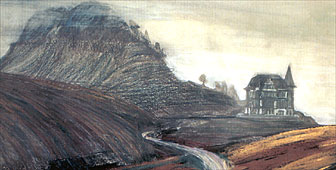
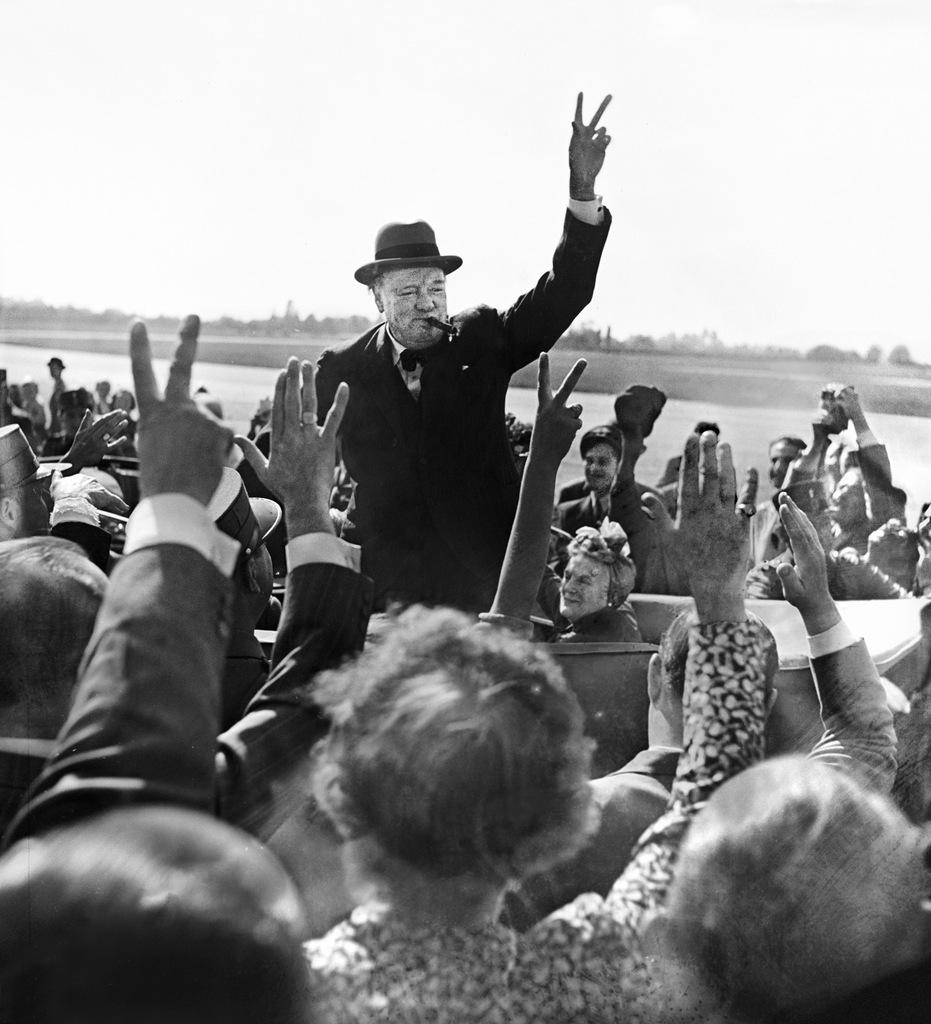
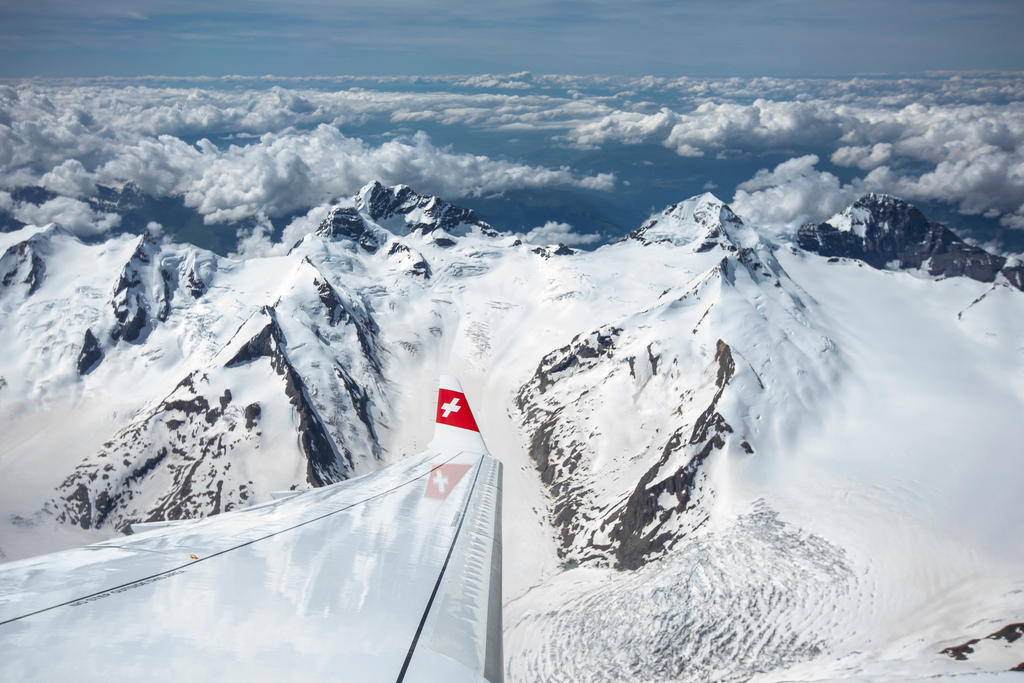
You can find an overview of ongoing debates with our journalists here. Please join us!
If you want to start a conversation about a topic raised in this article or want to report factual errors, email us at english@swissinfo.ch.